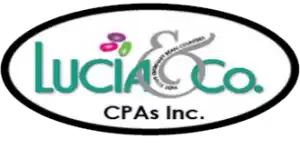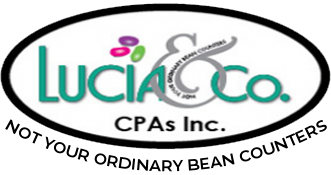Tag: tax compliance
Small Business Tax Planning 2024

As the calendar turns to 2024, it’s critical for small business owners to dive into small business tax planning 2024. This isn’t just a matter of meeting tax obligations; it’s about leveraging opportunities to boost your business’s financial well-being. Proactive tax planning can lead to significant tax savings, thus enhancing your business’s profitability and sustainability.
The Basics of Tax Planning for Small Businesses
When it comes to small business tax planning in 2024, understanding the basics is crucial for effective management and strategic decision-making. Tax planning is a crucial…
San Bernardino Tax & Accounting Help

The labyrinth of San Bernardino tax and accounting is often a treacherous journey for businesses of all sizes. A myriad of regulations, an endless list of deadlines, and an ever-changing fiscal landscape present real challenges that can be overwhelming. But with seasoned experts like Lucia & Co. CPAs by your side, you can turn these challenges into opportunities, guaranteeing your business’s financial health and regulatory compliance.
Why is Accounting Essential for Your Business?
A common misconception is that accounting is all about number crunching and bookkeeping. In reality, it’s a…
Intuit QuickBooks Training: Empowering Businesses for Financial Success

When it comes to managing your business’s financials, accuracy and efficiency are paramount. That’s where Intuit QuickBooks training comes into play. At Lucia & Co. CPAs, we understand the significance of mastering this powerful accounting software. As not your ordinary bean counters, we offer comprehensive Intuit QuickBooks training that equips business owners, accountants, and professionals with the knowledge and skills they need to streamline their financial operations. In this article, we delve into who provides Intuit QuickBooks training and why it is essential for anyone seeking to…
Proactive Tax Planning Tips for Success

Proactive tax planning is a strategy I strongly advocate for as a CPA, having observed many small business owners rely on outdated ‘reactive’ tax planning. This traditional approach involves monitoring sales and expenses throughout the year, and then using these figures to determine tax liabilities at year-end, often leading to missed opportunities.
Reactive tax planning tends to be a passive process, where business owners only consider their tax situation when the filing deadline approaches. This can result in a scramble to gather documentation and make last-minute financial decisions, which…

